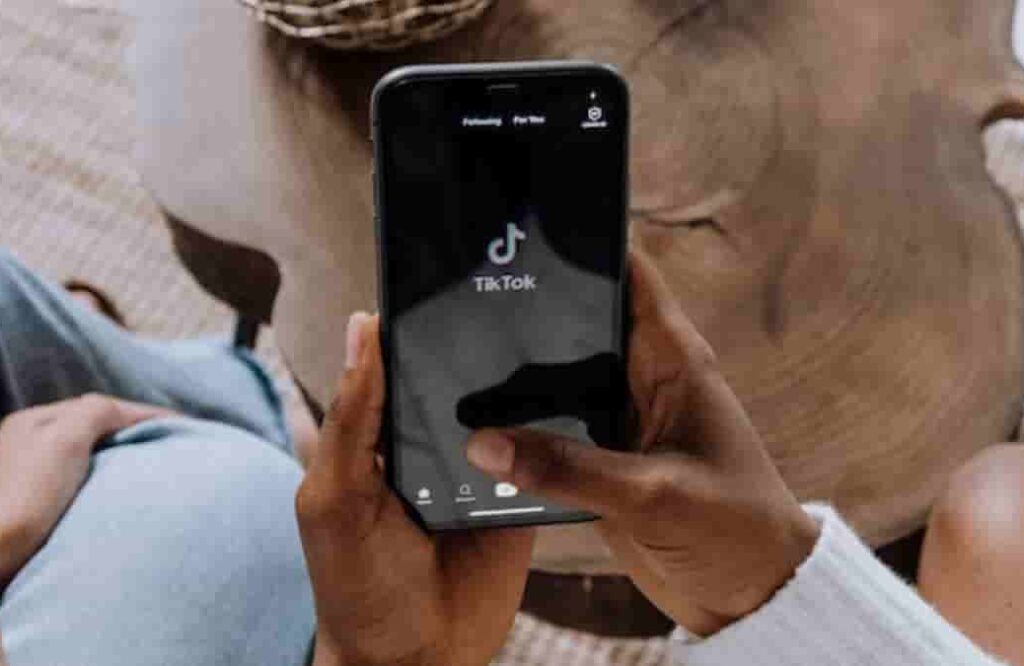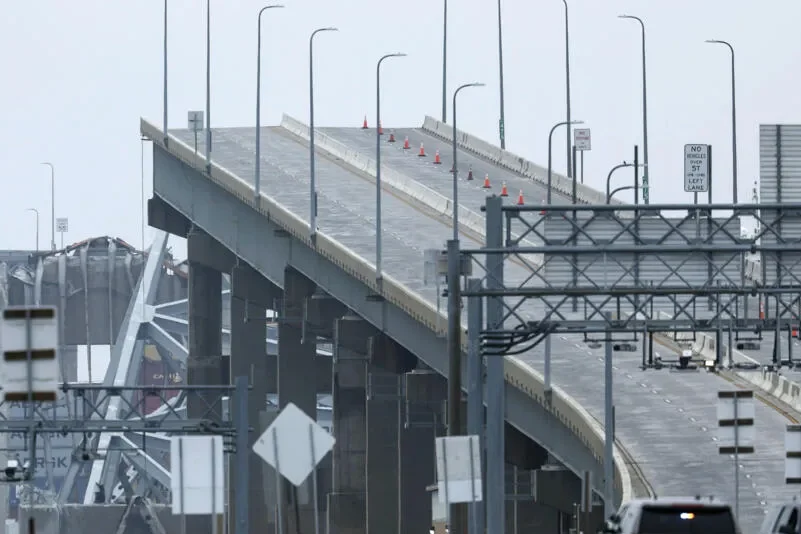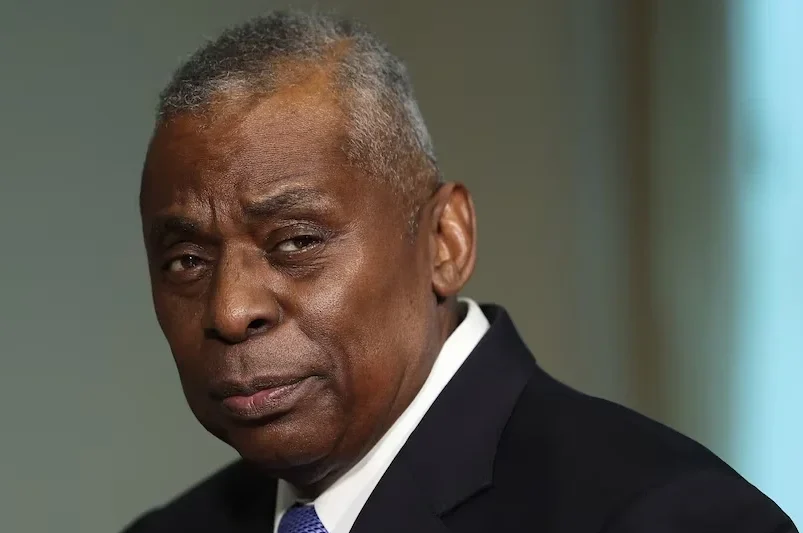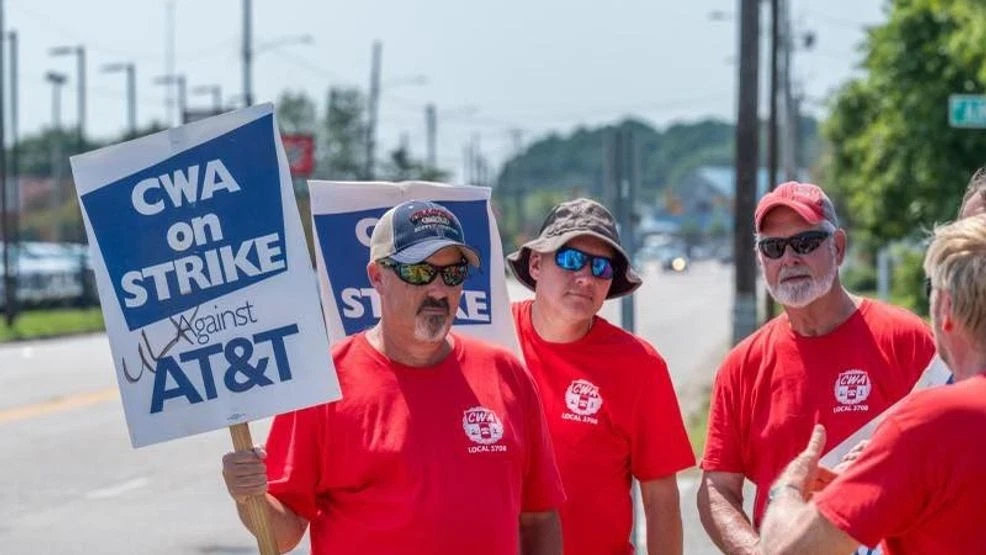Former U.S. diplomat acted as a spy for Cuba
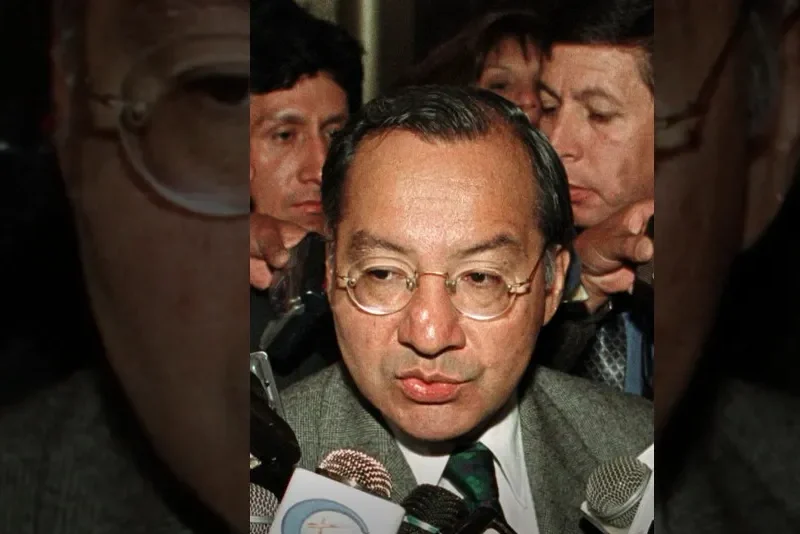
A former U.S. diplomat acted as a spy for Cuba while working for the government; he is Víctor Manuel Rocha, who accepted the charges against him.
Former diplomat Victor Manuel Rocha, who served as U.S. ambassador to Bolivia, pleaded guilty to working as an agent for Cuba for more than 40 years.
The former U.S. diplomat acted as a spy for Cuba, something that was unsuspected several years ago, when he was trusted by the U.S. government.
Victor Manuel Rocha, 73, was accused of secretly passing information to the Cuban communist government since 1981 while working for the U.S. State Department.
This Thursday, February 29, the trial culminated when he changed his initial plea of innocence in a Miami court.
The former U.S. diplomat acted as a spy for Cuba and is scheduled to be sentenced at a hearing on April 12.
The move brings to an unexpectedly swift conclusion one of the most high-profile espionage cases between Cuba and the U.S.
The case of the former U.S. diplomat who acted as a spy for Cuba embarrassed U.S. intelligence services.
Thursday’s court hearing was supposed to be about how to handle classified documents involved in the case, according to the Miami Herald, but the man assumed he was acting as a spy for Cuba.
Today read: CANDIDATE FOR MEXICO CITY MAYOR: ¿WHO IS CLARA BRUGADA?.
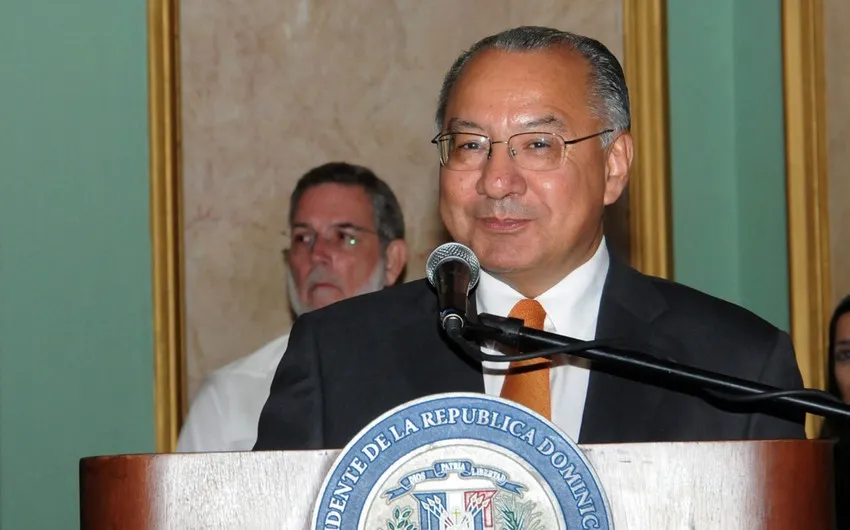
Guilty Plea Accepted: Former U.S. diplomat acted as a spy for Cuba.
Rocha, his lawyers and prosecutors acknowledged that a plea agreement had been reached.
When asked by Judge Beth Bloom if he wished to change his guilty plea, he replied, “Your Honor, I agree.”
Rocha is charged with violating the Foreign Agents Registration Act by acting as a foreign agent, wire fraud and making false statements to obtain a U.S. passport.
The former U.S. diplomat acted as a spy for Cuba and evidence gathered by investigators includes undercover recordings of Rocha in which he admits to working for Cuba for decades, praises the late Cuban leader Fidel Castro as “comandante” and calls the U.S. “the enemy.”
He and his legal team now appear to have reached a similar conclusion, calculating that pleading guilty was their smartest option.
The former U.S. diplomat acted as a spy for Cuba and must now accept the U.S. government’s charge that he spent nearly his entire professional career working for the Cuban Revolution while simultaneously rising through the ranks of the U.S. diplomatic service.
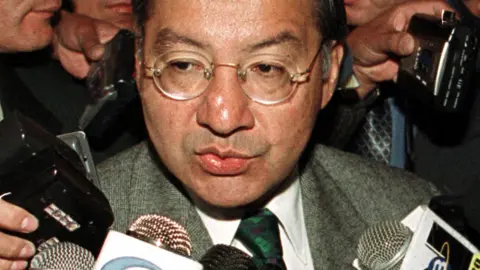
Very linear case
So far there has been no discussion in court about Rocha’s sentence or whether he accepted a plea deal in exchange for his cooperation.
James Olson, former CIA counterintelligence chief, told the BBC in January that the case illustrates how Cuba’s intelligence services outwitted the U.S. government.
“We were theirs. They beat us. That’s one of the reasons I have this personal grudge against the Cuban intelligence service, because they have been very successful in operating against us,” Olson said.
Born in Colombia, Rocha grew up in New York City and earned degrees from Yale, Harvard and Georgetown universities.
He served as U.S. ambassador to Bolivia from 1999 to 2002, according to prosecutors, and held various government positions, including the National Security Council, for 25 years.
In addition to Bolivia, he held posts in Argentina, Honduras, Mexico and the Dominican Republic.
After leaving the diplomatic service, he continued in lucrative private consulting work as a special advisor to the U.S. Southern Command, the part of the U.S. military that oversees Cuba.
Crimes of Colombian Victor Manuel Rocha.
In December 2023, U.S. Attorney General Merrick Garland called Rocha’s alleged crimes “one of the most far-reaching and longest-running infiltrations of the U.S. government by a foreign agent.”
In November 2022, an undercover FBI agent contacted Rocha via WhatsApp and claimed to be a representative of Cuban intelligence services delivering a message from “his friends in Havana,” according to the charging document.
Rocha agreed to meet with the agent several times, including once in a food court, because there was no chance of anyone seeing him there, he said, according to court documents.
During three meetings with the undercover FBI agent, Rocha began divulging details about his time working as an undercover agent for the Cuban government, the indictment describes.
Rocha allegedly used the term “we” to describe Cuba and himself.
“I knew exactly how to do it and obviously the Directorate [Cuba’s intelligence agency] went along with me (…) It’s a long process and it wasn’t easy,” he allegedly told the FBI agent.
When the agent, posing as a Cuban spy, asked him “are you still with us?”, Rocha replied that he was “angry” because his loyalty was questioned.
Read more: THE UNITED STATES IS LOOKING TO GUATEMALA AND MEXICO: ¿…?

